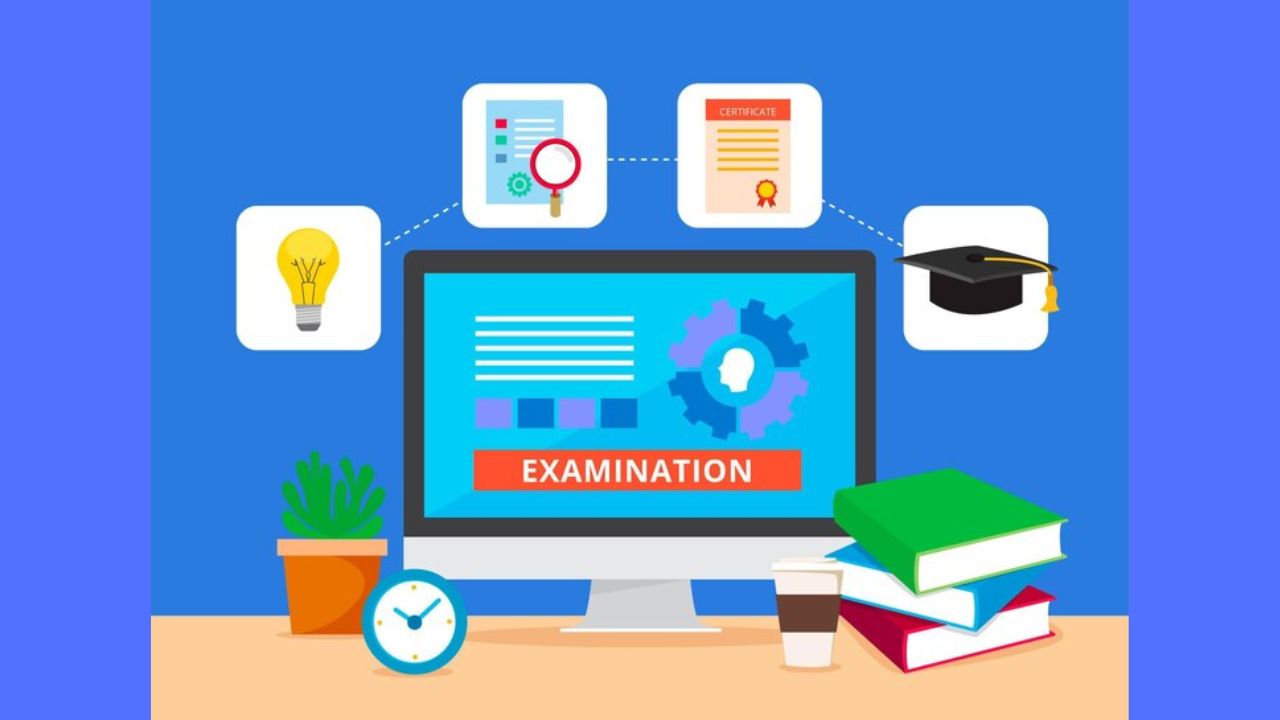Why Offline Exams Still Matter in the Age of Digital Education
With the rise of online learning and exams, you might think offline exams are old and outdated. After all, technology has made it easier to take exams from the comfort of your home. However, offline exam where students gather in a physical location to write on paper or complete tasks under supervision – are still important.
For organizations, whether government or private, that conduct exams, offline exams provide unique benefits that digital platforms simply cannot replicate. Let’s dive into why offline exams remain important and how they continue to add value in today’s digital-first world.
Why Are Offline Exams Still Important?
While digital exams have their benefits, offline exams offer advantages that can’t be ignored.
Offline exam ensure fairness because they happen in a monitored setting. Candidates are physically present, making it harder to cheat or manipulate results. Supervisors can verify identities and oversee the process, ensuring the exam remains unbiased and transparent.
Other benefits you will get is ACCESS. Not everyone has access to high-speed internet or expensive devices like laptops and tablets, especially in rural areas. Offline exams level the playing field, allowing people from all backgrounds to participate without worrying about technical barriers.
Online exams can face technical issues like internet outages, software crashes, or device malfunctions. Offline exams don’t rely on technology, so there’s no risk of your connection dropping in the middle of a test.
Beside this, many candidates feel more comfortable writing on paper than typing answers on a screen. Offline exams allow for better expression of thoughts and ideas, especially for essay-based questions, where handwriting and diagrams play a significant role.
And here comes the last one. The offline exam ensures tight security. Measures like biometric attendance, frisking, CCTV surveillance, and strict invigilation reduce the chances of impersonation or malpractice. This makes offline exam highly credible for high-stakes testing, such as government requirements or professional certifications.
How Offline Exams Work With Digital Education?
It’s not a matter of choosing between online and offline exams – they can work together! Here’s how:
Many institutions now provide online learning but still rely on offline exams for final assessments. This combination ensures candidates get the convenience of digital education but are evaluated in a secure, unbiased manner.
While online quizzes and assignments are great for quick assessments, offline exams allow for more thorough testing of knowledge and skills. For example, in offline exam, students can be asked to draw diagrams, solve problems step-by-step, or explain concepts in detail – tasks that are harder to assess online.
Offline exams teach important skills like time management, staying calm under pressure, and working in structured environments. These skills are not just for exams but are essential for real world situations like job interviews and work deadlines.
Why Offline Exams Are Ideal for Government and Private Bodies
Government bodies and private organizations often conduct exams for hiring, licensing and certification. Here’s why offline exam is still their preferred choice:
Offline exams can accommodate large groups of candidates in one go, with multiple center to manage the process efficiently.
Offline settings allow for physical checks, ensuring only eligible candidates.
There’s no risk of technical issues causing delays or unfair advantages.
Real-Life Benefits of Offline Exams
Let’s take an example: A national recruitment exam for thousands of candidates across different cities. Conducting this exam online would require high-speed internet, secure servers, and advanced devices for each candidate. This would exclude candidates from rural or economically weaker areas who may not have access to these resources.
By organizing the test offline, everyone gets a fair chance, with strict invigilation ensuring the integrity of the process. Biometric attendance, CCTV monitoring, and physical question paper distribution further enhance the security and credibility of the exam.
Are Offline Exams Here to Stay?
Absolutely! Even as technology continues to grow, offline exam is far from disappearing. Instead, they will continue to evolve. Here’s how:
Better Exam Management: From automated attendance to smarter logistics for distributing papers, offline exams are becoming more streamlined.
Improved Security: Innovations like biometric verification and live CCTV monitoring make offline exams even more foolproof.
Blended Models: Combining online learning with offline testing is becoming the norm, ensuring the best of both worlds.
Conclusion
Offline exams are not just a relic of the past — they are a reliable, inclusive, and credible method of assessment that complements digital education. For government and private organizations conducting exams, offline testing ensures fairness, security, and accessibility for everyone.
In the age of digital education, offline exam provide the balance we need to ensure that learning outcomes are evaluated effectively and authentically. Whether it’s a high-stakes recruitment test or a school board exam, offline exams remain as relevant today as they have ever been.
So, while technology continues to enhance the education sector, let’s not forget the value offline exams bring to the table. They remind us that some things, like fair and transparent evaluations, are simply irreplaceable.














Post Comment